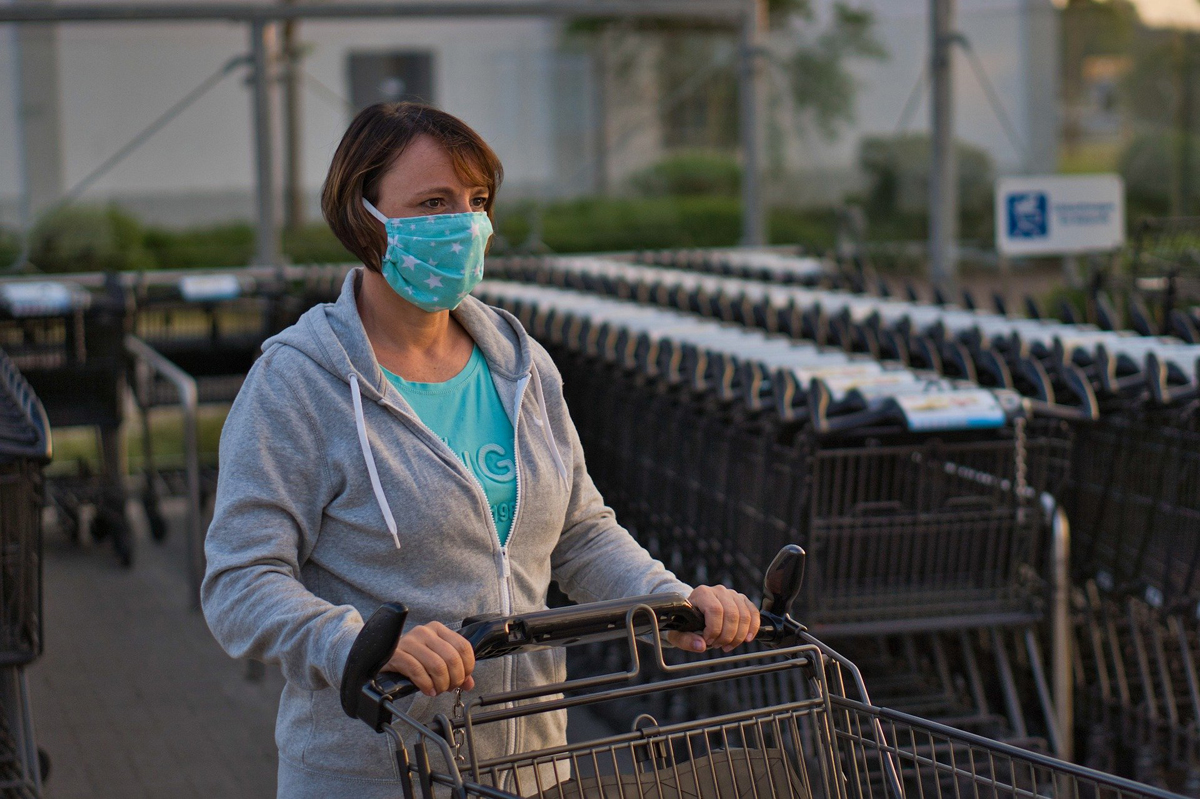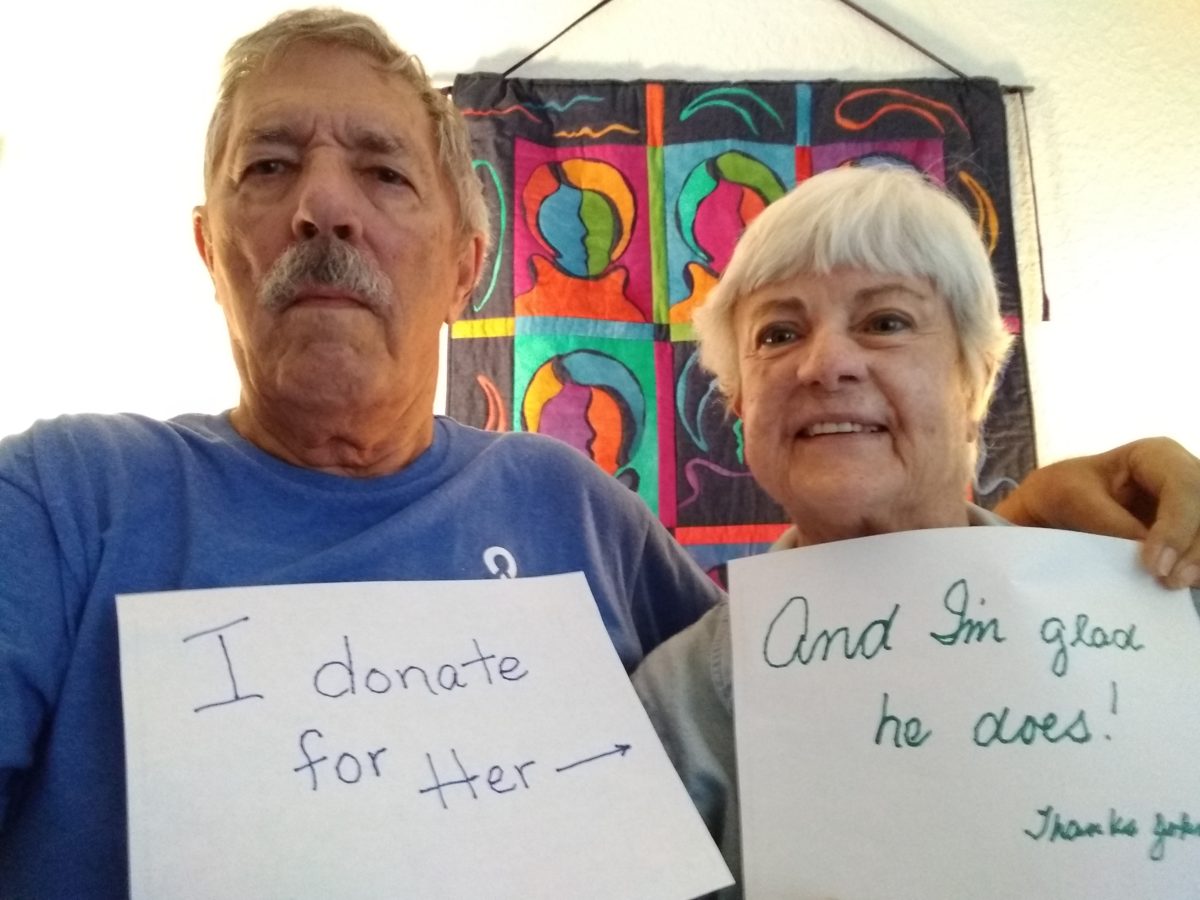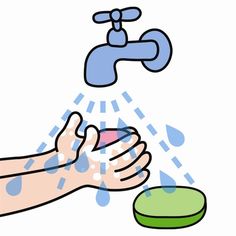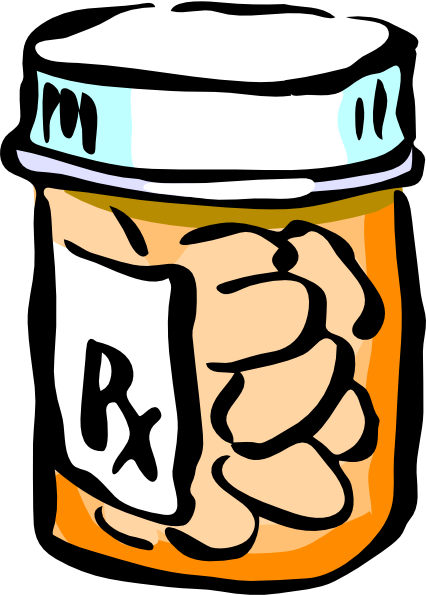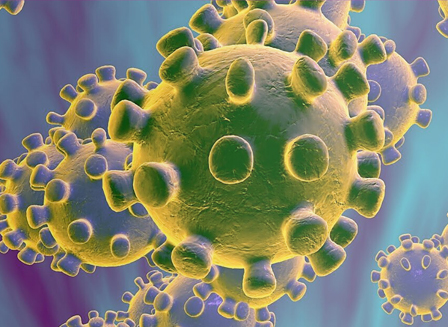We’re now four months into a global pandemic, and lots of us are just tired of staying home. Most of the folks in our patient communities, however, have underlying medical conditions that put them at higher risk for developing severe COVID-19 infections. So while others consider reemerging into the world again as states start lifting social distancing restrictions, our patients might be reluctant to take this step.
Still, completely avoiding contact with others for an indefinite period of time is not a viable option either. Human beings need physical and social contact with other human beings, if only to stay sane. The social isolation we’ve been enduring since shutdowns in March has caused serious anxiety and depression for a significant number of people, especially those who live alone.
Fortunately, public health experts say the decision doesn’t have to be either/or. While staying home is still the lowest-risk option for avoiding infection, there are lots of ways to socialize that don’t involve crowded indoor spaces where no one is wearing a face mask (the highest risk option). Weighing the risks of contact with others against the possible benefits to your health can help make the decision-making process easier. Here are some things to think about:
Consider the risk for you and your immediate contacts. If you or someone you live with is especially vulnerable to infection, this is an important factor in weighing how much you want to risk coming in contact with someone who might give you COVID-19.
It’s also important to think about those outside your household with whom you may want to socialize and how much exposure they might have had too. You may want to consider creating a pandemic “pod,” a small cohort of friends or relatives with whom you choose to interact somewhat normally but who agree to stay socially distant outside the pod.
Keep tabs on how the virus is spreading in your community. The number of new cases, hospitalizations, and deaths varies widely in different areas of the country. Check local health department reports or find out here whether these numbers are increasing or decreasing where you live. If they are climbing or remain high, you may want to rethink whether going to a salon for a haircut is a good idea, even if restrictions have been lifted.
Think about how risky the activity is. Most people know the basics of how to stay safe from coronavirus infection. Keep these ideas in mind as you make decisions about venturing out in public. These include:
- Wearing face covering when out in public significantly reduces transmission, both for the wearer and the ones they are with.
- Maintaining a distance of at least six feet from others decreases the chances of contact with infected droplets.
- Large gatherings, especially if they are indoors and especially if others are not wearing face covering, significantly increase the risk that someone will pass on the virus.
- Encounters in the outdoors are safer than those in close indoor spaces.
- Limiting the time you spend among others, especially if it is indoors, reduces the chances of encountering the virus.
- Bringing your own (BYO) food and drink means a lower risk of transmitting the virus through touching a contaminated surface. Bringing your own chairs or picnic blankets also helps you keep your distance from others in an outdoors group.
- Handwashing with soap and water or using hand sanitizer is still the most effective way to prevent transmission of coronavirus and other disease-causing organisms.
And finally, here are additional tips from NYC Health to keep yourself and your loved ones safe and healthy as pandemic restrictions start to lift. Be careful out there!
